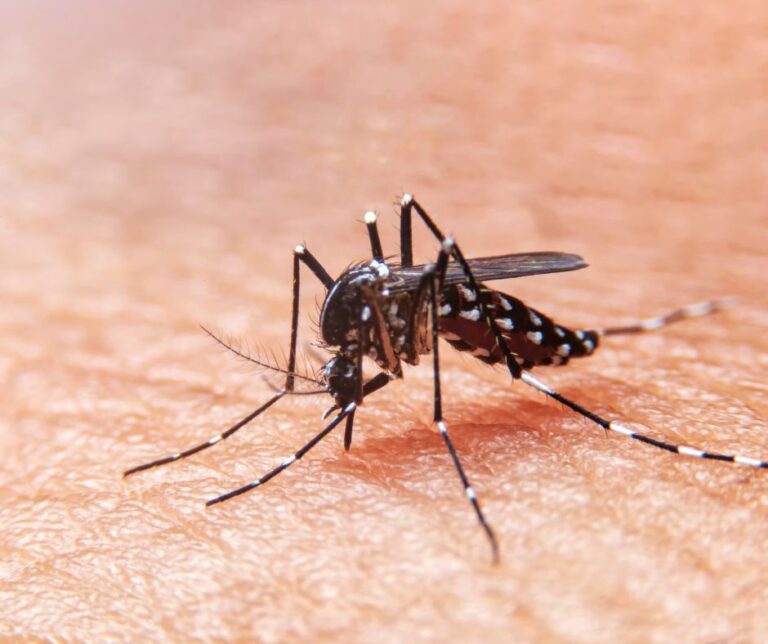West Nile fever is dominating headlines due to a significant increase in cases. However, despite the widespread discussion, one question remains unanswered: Who is legally responsible, and is compensation possible? Find all the answers and a free downloadable warning letter here.
West Nile Fever: Modes of Transmission
Understanding West Nile Fever
West Nile Fever is a viral illness that spreads from animals to humans. Birds are the main carriers of the virus. Mosquitoes pick up the virus by feeding on infected birds, then transmit it to humans through a bite.
Once bitten, symptoms usually appear within 5 to 21 days. The illness itself typically lasts three to six days.
Symptoms are similar to influenza and often resolve spontaneously; these include headache, fever, weakness, rash, muscle aches, and sometimes gastrointestinal symptoms (nausea/diarrhea). In severe cases—which, according to the Ministry of Health, affect less than 1% of the population—neurological damage and mortality can occur.
The Ministry of Health has reassured the public that the disease is viral and cannot be directly transmitted between humans.




